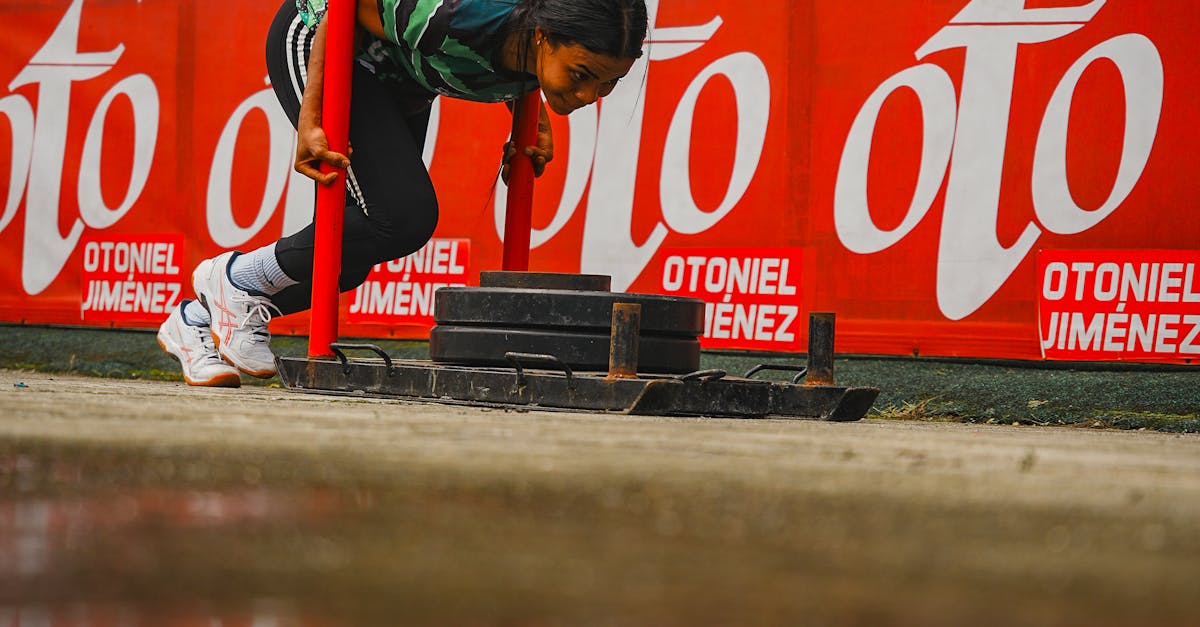In today’s competitive sports landscape, athletes and coaches are like explorers, searching for every possible advantage to help them navigate the challenges they face. One of the most essential tools in their toolkit is sports psychology, which emerges as a vital compass that can enhance performance significantly. This discipline focuses on understanding how the mind works in athletic performance, aiming to improve not only mental health but also mental resilience.
The importance of sports psychology goes beyond just preparing mentally; it involves various techniques such as goal-setting, visualization, and arousal regulation, among others. This article will explore the key components of sports psychology and its profound influence on athletic performance.
The Foundations of Sports Psychology
Sports psychology is built on the idea that the mind plays a crucial role in physical performance, much like the foundation supports a sturdy building. According to the American Psychological Association, successful athletes often share certain mental traits, including focus, confidence, and resilience. Research underscores that mental training can elevate physical training, nurturing psychological skills that are essential for reaching peak performance.
For instance, Jim Afremow, a distinguished sports psychologist, highlights the significance of mental practice by saying,
“Just like physical training, mental training conditions your mind for success.”
Transitioning from physical to mental preparation is a crucial step. Athletes must learn how to manage their emotions and expectations, especially when the stakes are high. This skill leads to improved concentration and the effective execution of their abilities. As the world of sports evolves, the study of psychology becomes increasingly important.
Goal Setting for Success
Setting effective goals acts as a roadmap in sports psychology. Utilizing SMART goals—Specific, Measurable, Achievable, Relevant, and Time-bound—enables athletes to direct their efforts and monitor their progress. Dr. Andrew A. Abe from the University of Arizona points out that athletes who set clear goals are more likely to stay committed to their training routines and achieve superior results.
Proper goal setting not only fuels motivation but also creates a clear pathway to success. Using a goal-setting workbook and tracking progress helps in structuring this process effectively. Furthermore, athletes should engage in self-reflection, adjusting their goals as necessary. This adaptable method encourages growth and resilience, which are essential in the fast-moving world of sports competition.
The Power of Visualization
Visualization stands out as a powerful mental technique that athletes use to boost performance. By picturing themselves succeeding, athletes activate their brains in a way that mirrors actual physical practice, thereby reinforcing both confidence and skill execution.
A study published in the Journal of Sports Sciences indicates that athletes who practiced visualization not only experienced heightened confidence but also showcased improved performance outcomes during their competitions.
To leverage this technique, athletes can vividly imagine themselves in specific scenarios, such as executing a perfect jump in gymnastics or successfully scoring a penalty in football. Regular visualization exercises contribute to building muscle memory and improving focus, crucial elements during competitive situations.
Arousal Regulation Techniques
Managing arousal levels is essential for peak performance. While some athletes thrive on the thrill of competition, others might feel overwhelmed. Techniques such as deep breathing, progressive muscle relaxation, and attention focusing empower athletes to control their arousal effectively.
A study from the International Journal of Sports Science and Coaching highlights that mental preparedness is significant for managing stress in competitive situations. Athletes should explore various techniques to discover what resonates best with them, cultivating a routine that prepares them to approach competitions with confidence and composure.
The Role of Team Cohesion
In team sports, the psychological dynamics within the group can greatly impact performance. Strong communication and relationships foster a supportive atmosphere, enhancing overall team performance. Research from the International Journal of Sport Psychology reveals that cohesive teams often perform better on the field and enjoy greater satisfaction.
Camaraderie can be nurtured through team-building activities, regular meetings, and open dialogue. These practices not only cement bonds among team members but also foster a collective vision toward shared goals.
Finding Professional Guidance
Seeking assistance from a sports psychologist can significantly benefit athletes aiming to enhance their mental game. These professionals offer tailored strategies for unique challenges and assist athletes in navigating the emotional complexities of competition. Organizations such as the Association for Applied Sport Psychology provide resources to locate qualified psychologists in your area.
Working with professionals can help athletes develop effective mental training techniques, receive personalized feedback, and cultivate a mindset conducive to optimal performance.
Conclusion
To sum up, sports psychology serves as a valuable resource for athletes striving to maximize their performance. By incorporating mental strategies—like goal setting, visualization, and arousal regulation—athletes can significantly boost their psychological resilience and competitive advantage. The journey towards integrating these psychological skills into training demands dedication and persistence, but the results often manifest as improved performance and greater satisfaction in athletic pursuits.
Embrace the mental dimension of sports; it is a vital element in the quest for excellence.
